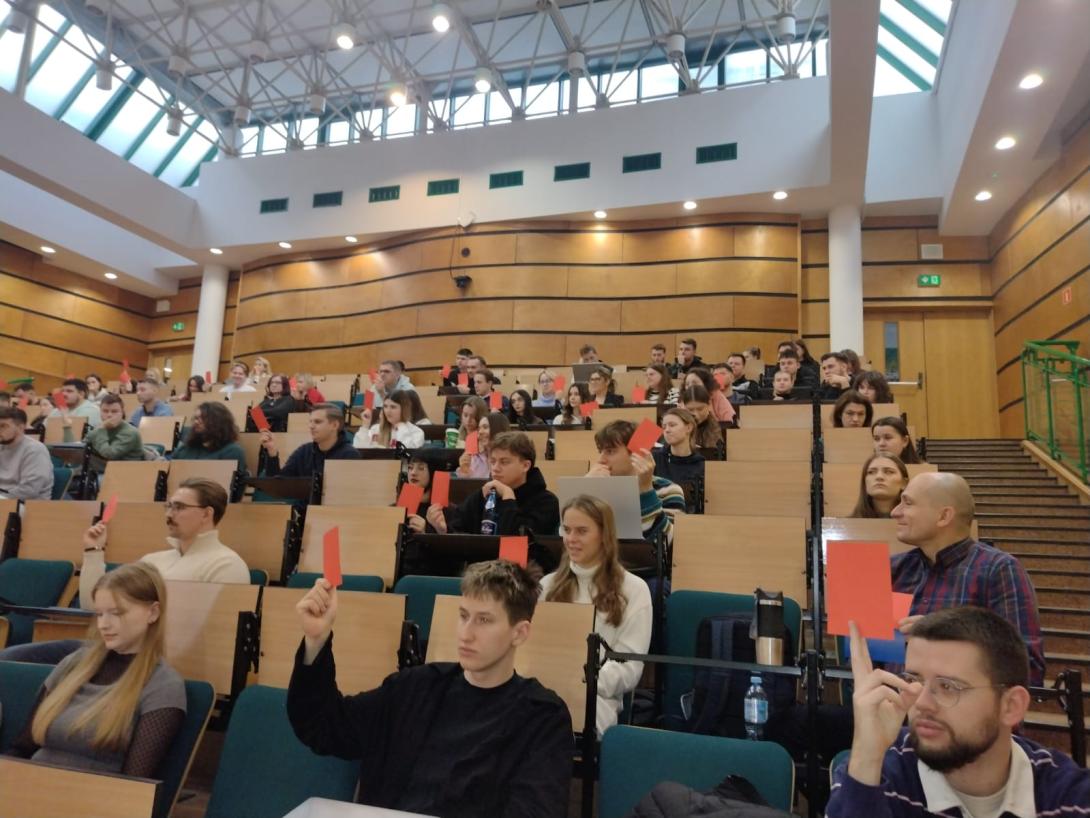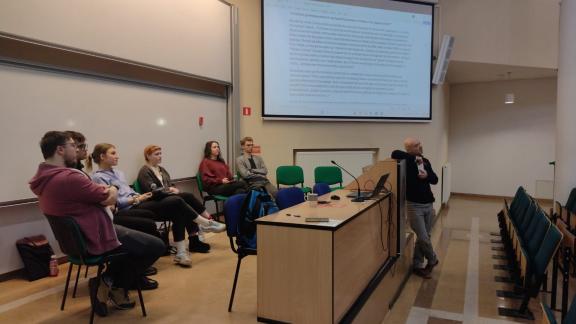The speakers tried to show that it is co-operation with China, rather than its isolation, that will bring us technological innovations, such as participation in the development of artificial intelligence, transfer of modern technologies necessary for the ecological transformation in Europe (electric cars, solar panels, etc.), access to know-how in various fields of automation and modernization of the economy.
Another argument for strengthening co-operation was the creation of jobs in companies that will operate in our market, because these companies will need both experts in modern technologies and lower-level employees, but with knowledge of the local market.
They pointed out the emerging opportunity to modernize the existing infrastructure, such as the expansion of airports, seaports and railways, as well as the network of roads necessary for effective trade, and the plans to revive the idea of the Silk Road as a new avenue for trade and economic exchange.
Opponents of the idea of expanded co-operation with China raised issues of security and independence of countries in both Europe and the entire world. They demonstrated that China bases economic cooperation on political dependence. It was stated that China makes countries with which it does business (e.g., in Africa) dependent in such a way, that after a while it dominates them and takes control of key sectors of the economy, and consequently their economic and political decisions. It was shown that Chinese companies doing business abroad have full support of the Chinese government and, consequently, generous financial government subsidies tipping the scales in their favor in any competition.
They questioned China's intentions and motivation in establishing cooperation, which soon turns into domination of its partners and client relations. It also mentioned China's use of its dominant position in expanding its own political and economic relations at the expense of its partners, as well as China's worrying military ties with Russia.
The arguments of opponents of cooperation were marked by a lack of trust in China and suspicion of China’s intentions in Europe. The reluctance to submit to a strong partner and bad experiences from other countries that have chosen the path of cooperation. This co-operation has turned into political and economic dependence.
There was a general conviction that Europe and our country are not ready for broader cooperation with China on the current terms. It was mentioned that greater control and legal regulation are required, and examples of introducing high tariffs (e.g., by the United States) in order to level the playing field in trade were cited.
The audience vote confirmed that China poses a greater threat to us than an opportunity, and the overwhelming majority of the audience votes were against opening our borders to greater cooperation.
If you had been present, would the vote have had the same outcome? We encourage you to express your opinion in the next debate. See you next time!









